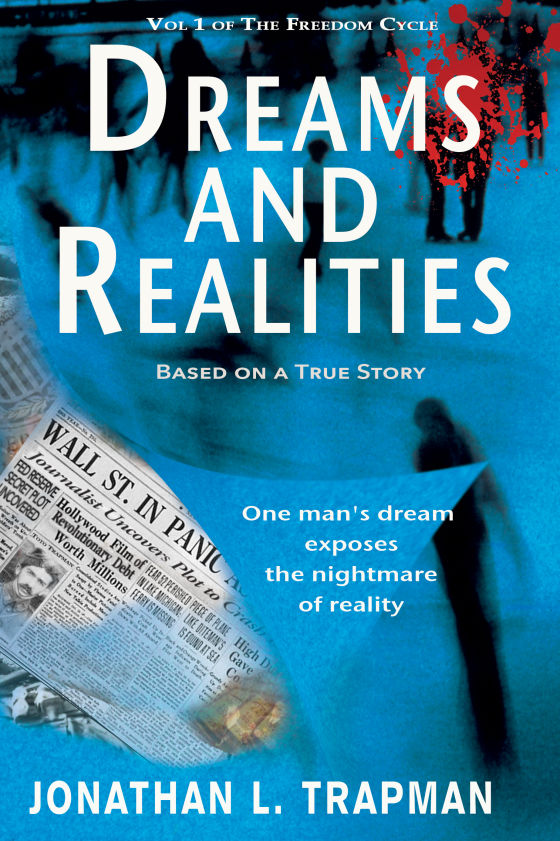“The new normal will be anything but ordinary,” CNN last week espoused. Others have in turn called it scary, challenging, transformative, enlightening. In fact, predictions for what this New Normal will look like, sound like, feel like—even smell or taste like—are currently as difficult to avoid as necessary reminders to wash your hands and wear a face mask.
We all know we’ll have to adjust to it, and we’re frequently told that it’ll be shaped by a confluence of factors, but apart from that the only thing that seems absolutely certain about this elusive New Normal is that it will be categorically unprecedented.
COVID-19 might have turned us all into epidemiologists, supply chain experts and—in the last few days—oil analysts, but another development that’s perhaps just as frustrating, though admittedly not as damaging, is that it’s supercharged the use of lazy clichés.
Though there are countless examples, the New Normal seems particularly relevant right now, and its flaws are almost as numerous as its incidents of misuse.
Pedants might be quick to point out that it’s simply a paradox. If something is new, can it really be considered totally normal? And can normal things be brand new? Perhaps more fundamentally, the phrase assumes there’s such a thing as normal in the first place—a sort of blanket status quo: parameters outside of which everything is a bit strange.
Though obviously a gross generalisation, “working from home will become the New Normal after coronavirus” is not the most outlandish statement. But does it in fact imply that there will be something abnormal about not working from home in future? Or that it was weird to work from home— like 43% of Americans did on occasion—long before this crisis?
New Normals have been predicted for years but it’s unclear whether any have actually materialised. In the wake of the 2008 financial crisis and ensuing recession, rock bottom interest rates were forecast to be a New Normal yet somehow we're still describing them as extraordinary.
In 2010, the head of asset manager PIMCO, Mohamed El-Erian, delivered the prestigious Per Jacobsson Foundation Lecture at the International Monetary Fund, entitled "Navigating the New Normal in Industrial Countries." In it he stated that PIMCO had coined the term in early 2009 “in an attempt to move the discussion beyond the notion that the crisis was a mere flesh wound, easily healed with time." He said that, "instead, the crisis cut to the bone. It was the inevitable result of an extraordinary, multi-year period which was anything but normal."
The term in this sense was being used to convey the gravity of the impact of a development and serve as a warning not to underestimate it. That’s fine. The problem, however, is that overuse—and often misuse—can reduce a couple of words to a vacuous cliché.
COVID-19 has changed the way we live, work and interact. We may revert to old habits in weeks, months or years. We may not. We may all be unrecognisable this time next year. We may not. Of course some things will change but that doesn't mean we're necessarily barrelling headlong into an era of New Normals. And believe it or not, some of what we’re about to encounter might not even be unprecedented.









